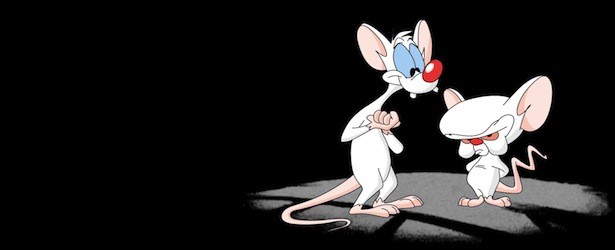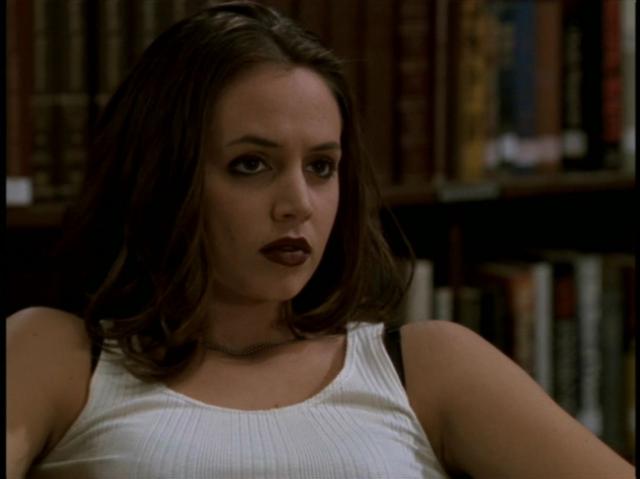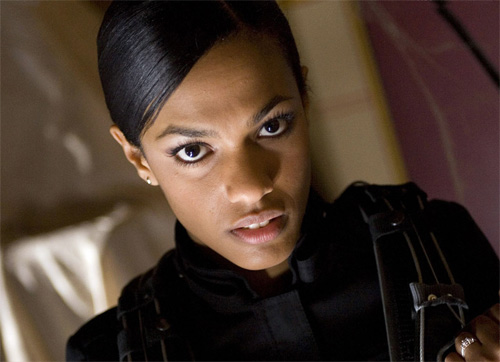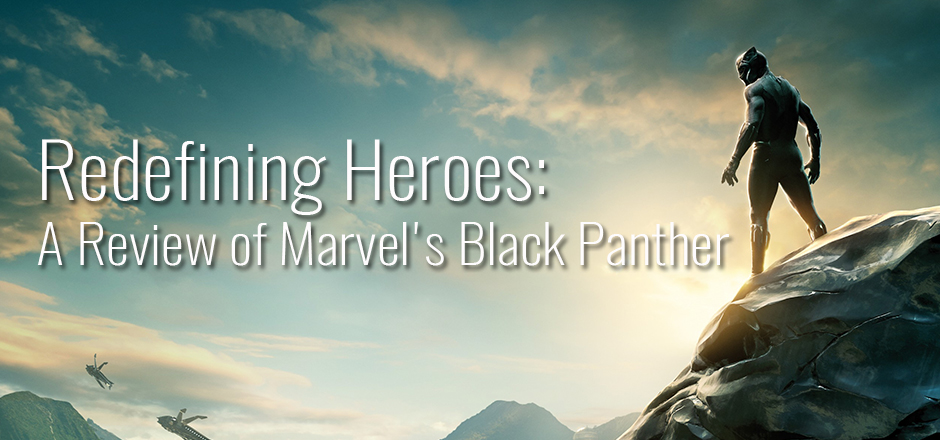I really like the movie Love, Actually. Often when I talk about romantic comedies, I feel the need to express my awareness that they’re kind of embarrassing. But not with this one. I’ve always enthusiastically expressed my enjoyment of it.
I’ve also purposely never watched Love, Actually with a critical eye because it gives me warm fuzzy feelings more than any other movie. But there’s no denying that it’s the film equivalent of eating Taco Bell at 3 a.m. I decided to finally watch the movie with my thinking brain turned on, even though I knew it might ruin it for me (Spoilers: it kind of did.)
There are quite a few lovely moments in the film. The cast is made up of some of the best, most beloved actors of all time. Emma Thompson is just a wonderful actress, Martin Freeman is ridiculously charming, and the relationship between Liam Neeson and his stepson, Jojen Reed (Thomas Brodie-Sangster) is very sweet and loving.
But for all the lovely moments in the film, there are at least as many that are seriously troublesome. The storyline of British Rick Grimes (Andrew Lincoln) who is obsessed with his best friend’s wife is creepy and makes no sense. Half of the relationships that form in the film feature a man at least ten years older than the woman he ends up with.
I won’t even speak about the scene that takes place in Wisconsin between total chauvinistic asshole Colin (Kris Marshall) and three American girls. The only way to get past that one is to assure yourself that it’s over-the-top satire. It is, right? Right?
There are also the usual frustrations with the cast being mostly white and entirely heterosexual.
I also noticed on my most recent re-watch that Love, Actually relies on fat-shaming for a surprising number of jokes. There are the obvious ones, such as Aurelia’s dad calling her sister ‘Miss Dunkin Donuts 2003.’ But it happens in more subtle ways as well, such as Billy Mack (Bill Nighy) almost always referring to his closest friend as “my fat manager.”
And then, of course, there’s the moment when Prime Minister Hugh Grant’s staffer Annie (Nina Sosanya) calls his love interest, Natalie (Martine McCutcheon), chubby. The exchange goes like this:
Prime Minister Hugh: Would we call her chubby?
Annie: I think there’s a pretty sizable ass there, yes, sir. Huge thighs.
This is ridiculous for so many reasons. For one, Hugh Grant (who I will refer to by his real name as his character is listed on IMDB as ‘The Prime Minister’) is asking Annie to ‘redistribute’ Natalie to a different department because she had the gall to be sexually harassed by someone other than him. This is a work conversation. In what universe is her response acceptable in the workplace?
This line has no reason for existing. It’s not a joke, as far as I can tell. If it is supposed to be a joke, it’s really not funny. So all it does is show a woman inappropriately body-shaming another woman to her boss, the Prime Minister. Troubling mean girl stereotypes aside, it just doesn’t make sense for a character who clearly likes her job and is very competent.
Especially given that this movie was written and directed by a man, Richard Curtis, this feels like a punch to the gut. Interestingly, Curtis’ wife Emma Freud was involved with the scriptwriting for the movie, but she’s not credited on IMDB or elsewhere.
Many comedies written by men about women feature ‘jokes’ about catty women tearing each other down. I’m not sure where the idea that all women compete with each other came from, but it seems to only exist in movies like this where the majority of the creative perspective is male.
Which brings me to my number one complaint about Love, Actually. The treatment of Natalie throughout this entire movie is pretty mean. Natalie is one of the best characters in the film. She’s friendly, charming, and good at her job, but also totally dorky and hilariously foul-mouthed. It’s not surprising that Prime Minister Hugh Grant would fall for her – anyone would fall for her. Even President of the United States Billy Bob Thornton.
Cue ominous music.
The first time President Billy Bob (‘The US President’ on IMDB) sees Natalie, he aggressively leers at her. She responds in a way most women who have been catcalled or harassed (so, all women) will recognize as the non-committal, smiling-but-silent, uncomfortable-but-not-aggressive deflection that you do when receiving unwanted attention. Especially if you’re working and have to be nice, or afraid of setting the person talking to you off.
President Billy Bob then turns to Prime Minister Hugh and says: “My goodness, that’s a pretty little son of a bitch.”
Eugh.
The next time Natalie and President Billy Bob interact, we see Prime Minister Hugh leave the room. When he comes back, President Billy Bob is standing within inches of Natalie, caressing her, while she is holding herself extremely still and looking afraid. As soon as Prime Minister Hugh walks in, she scurries away.
Seems like textbook harassment to me. And if one of the most powerful men in the world came onto you in the workplace, what would any of us do? He’s not only a guest in her country but has unimaginable power and influence. He’s also a man she doesn’t know getting into her personal space.
Her reaction – freezing instead of telling him off and leaving – makes total sense to me. Not to mention that Prime Minister Hugh left them alone for maybe ten seconds. Natalie hasn’t even had a chance to process what is happening to her before he comes back and jumps to conclusions.
Natalie is banished by Prime Minister Hugh and later actually apologizes for this encounter. And yet I can’t stretch my imagination to come up with a single way that she is at fault in any of this.
Things do end well for Natalie, as she ends up with Prime Minister Hugh Grant. Even though he punished her for allowing herself to be harassed, didn’t stick up for her when his employee or President Billy Bob said questionable things about her, and generally treated her like a prize to be fought over, I guess this is a happy ending for her.
But I suppose that’s why we like romantic comedies. They don’t really make sense, and they provide two hours of escapism from what dating is actually like, which is mostly terrible.
But like eating Taco Bell at 3 a.m., this movie feels amazing while it’s happening. It’s afterwards that you start to question your decisions and whether or not they’re good for you. I don’t know if I’ll be able to go back to watching this movie in purposeful ignorance of its faults, but like junk food, I’m sure there will be times when I can’t resist it. That’s probably why, by Love, Actually body standards, I have a sizeable ass and huge thighs.
One good thing about living in the real world, though, is that I know none of my female friends and associates will body-shame me, especially in the workplace. Surprising, I know, but despite what movies show me, I’ve found that most women would rather build each other up than break each other down. And my chances of being cornered by Billy Bob Thornton in front of a roaring fireplace are slim to none.
So maybe Love, Actually isn’t the best escape into warm fuzzies after all. Like Taco Bell, it seems Love, Actually is just junk.
—
Laura Jewell writes for Girls in Capes and has a BA in Theatre from Miami University. She currently lives in Chicago and enjoys many fandoms, including her favorites Harry Potter and Doctor Who. Her favorite weekend pastime is curling up with a book and her fifteen-pound orange cat, Orange Cat.






